My Thoughts on Small Intestine Bacterial Overgrowth (SIBO)
The human body is colonised with microbes: the oral microbiome, the gut microbiota (microbiota are the colonies of microbes and microbiome refers to the genes of microbes yet both terms are used interchangeably), skin microbiota, vaginal microbiota, lungs, eyes, ears, nose- you get the picture. We are meant to be colonised. Our gut microbiota are responsible for helping us produce nutrients, such as B vitamins required in energy production and short chain fatty acids for cells lining the intestines, and they provide around 75-80% of the gut-associated immune system. Science tells us the biggest colony of human microbes resides in the large intestine (last stop before exit) and that the small intestine should be sterile or contain far less microbes than the large intestine.
Who decided that the small intestine should be sterile?
Perhaps as a species we have always experienced micro-organisms translocate between the large and small intestine. Upon feeling ‘tummy ache’ maybe we’d reach for a nut, pick a berry or forage for a mushroom. But now we have Big Pharma, Big Food and Big Ag(riculture), high stress, excessive blue screen and anti-bacterial/biotic/microbial use, a loss of a sense of community, low time spent in nature and complete separation in the mind-body connection. All these factors may contribute to a more urbanised microbiota potentially leading to microbiota extinction (losing certain species of anti-inflammatory microbes such as Bifidobacterium and Lactobacillus).
Low levels of friendly microbes, such as Bifidobacterium, Lactobacillus and Akkermanisa may leave too much real estate space in the gut for other species, such as intestinal Escherichia Coli, to flourish potentially leading to an overgrowth and translocation of microbes to the small intestine (SIBO). Symptoms associated with SIBO include: acid reflux (due to the overgrown pests fermenting food where they shouldn’t be), bloating, constipation and/or diarrhoea, mood disturbances (depression, anxiety, brain fog), fatigue, itchy eyes/ears, dry skin, mouth ulcers… The list is endless.
There are many Functional Diagnostics Tests that can be run in the Nutritional Therapy clinic and if a client is presenting with specific symptoms indicating SIBO a clinician might run any number of the various SIBO breath tests (glucose, lactose, fructose) to try and ascertain what type of gas is being produced by the overgrowth and then recommend specific antimicrobials to kill or shrink down the overgrowth. A doctor may prescribe antibiotics. A low FODMAP diet might be recommended, which excludes certain foods that said pests might feed off. However, producing a positive SIBO breath test is not easy and in the process a client may end up running a number of different types of breath test, with raising cost and stress levels.
A low FODMAP diet may alleviate symptoms temporarily but is set to cause further imbalances in the composition of the gut microbiota and lead a person down the orthorexia pathway, causing stress and food anxiety. Stress directly impacts digestion causing bloating, constipation, loose stools and low mood. The precise symptoms the client arrived in clinic with in the first place! Antibiotics (often rifaximin) and antimicrobials kill off friendly microbiota, may lead to resistance and don’t always work; potentially leaving a client in a worse place than where they started their journey. Which is a good point, where did their suffering begin?
A collection of factors may have brought someone to SIBO and the Nutritional Therapist must work like a detective to analyse historical and present day dietary, lifestyle and pathological imbalances. Vitamin and mineral tests help us look for nutritional deficiencies that may contribute to digestive symptoms or a GI Stool Map helps assess the microbial landscape of the gut and identify pathobiont (pathogenic) overgrowths. With knowledge gained from the results a lot of good work can be done using food to address imbalances, with some supplementation where necessary and lifestyle modifications.
Our Hunter gatherer ancestors only had food available to them and might well have had the ability to deal with the microbial exchange between the large and small intestine due to periods of fasting, working with natural daylight to initiate internal biorhythms, eating whole unprocessed foods and having close contact with the soil; allowing them to live in harmony or ‘symbiosis’ with their colonies of microbes. Now we have antibiotics, antimicrobials, anti-parasitics, anti-virals, anthelmintics, topical treatments, sanitisers- all to kill unwanted specimens from colonising the body.
We are meant to be colonised and co-exist together as the human ‘superorganism’ living in harmony, symbiotically. It is a matter of rebalancing the ‘gut dysbiosis’ (imbalance in the gut bacteria), not eradicating it. And that can be achieved in SIBO without the use of antibiotics, antimicrobials or a low FODMAP diet.
This is how:
A Personalised Nutritional Therapy Diet Plan
Health Coaching for Dietary Change (removing obstacles)
Lifestyle Modifications (Health & Wellness Coaching)
Contact with Nature
Holistic Massage Therapy using Hands & Warm Bamboo:
Abdomen- SIBO gas removal massage to alleviate acid reflux, reduce bloating and constipation.
Myofascial Release and massage of scar tissue anywhere along the digestive tract (caesarean, operations including keyhole surgery).
Back Neck & Shoulder Deep Tissue Warm Bamboo Massage- vagus nerve stimulation / pain relief.
Face & Scalp massage- stress release.
I am a Holistic Massage Therapist and Health Coach (and soon to be Nutritional Therapist) specialising in the above. These are the skills I used for the restoration of my own gut microbiome to remove acid reflux, bloating, constipation, stress, depression, anxiety and fatigue. A shift from gut microbiota extinction to restoration. An opportunity to live in harmony once again with my microbial team, as guardian and warrior of my microbes.
And I can help you rebalance your microbial landscape once again too.
(If you have been unsuccessful in your quest to repair your gut I can help you restore balance, commencing summer 2022. If you have any questions please get in contact).
The above is my opinion and not meant to diagnose or treat any condition.

